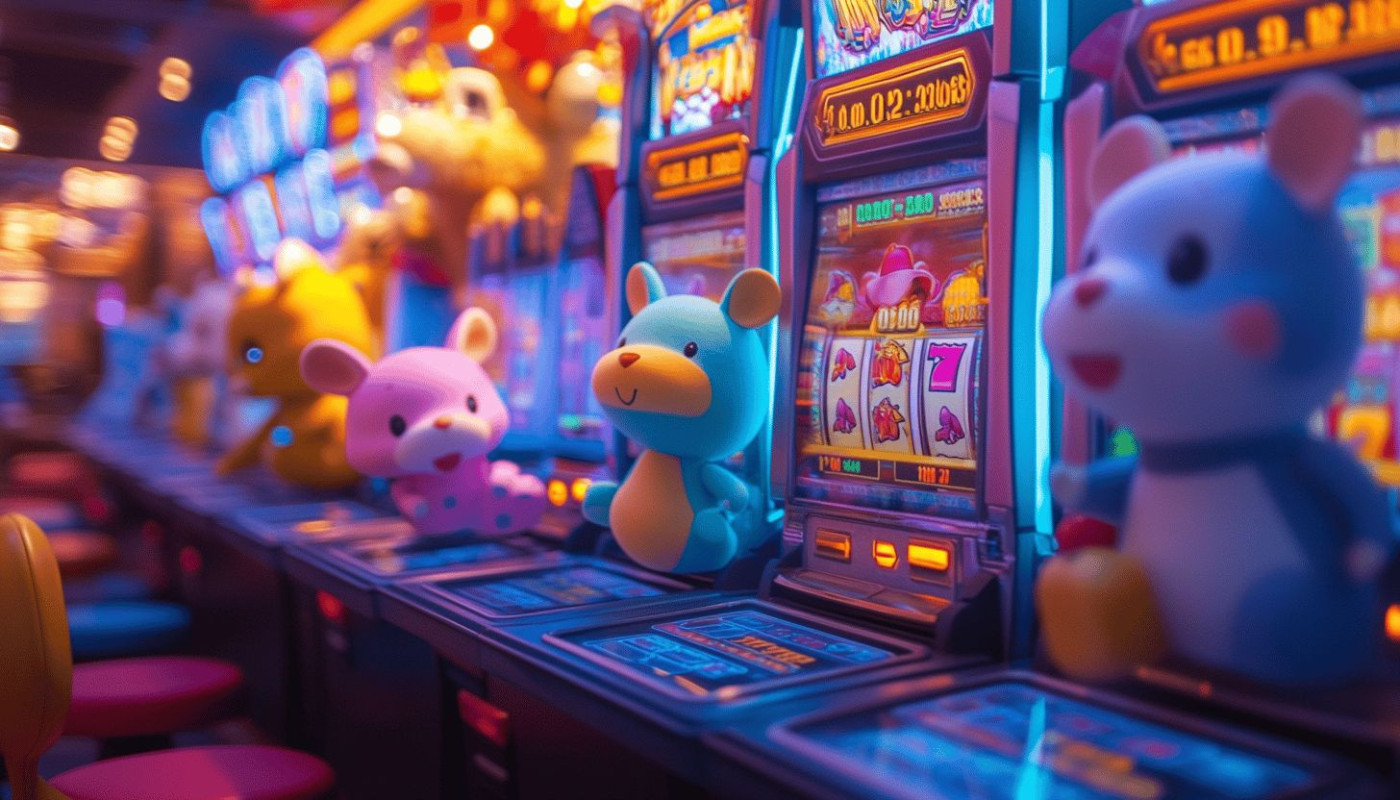Delving into the depths of human cognition, this article explores the captivating subject of risk psychology in gambling. It is a crucial topic that links human behavior with statistical probabilities, presenting an intriguing blend of uncertainty and anticipation within one's psyche. When people gamble, they often find themselves at crossroads between their rational judgment and emotional impulses - it is here where the psychology behind risk taking unfolds. This fascinating journey into the mind will shed light on how perceptions about winning or losing take shape, making us question whether we are mere players or pawns in this game of chance.
Understanding Risk Perception
The concept of 'Risk Perception' is a critical element in comprehending why individuals engage in gambling activities, even when conscious of the unfavorable odds. This perception of risk varies from person to person, influenced by several elements such as past experiences and unique personality traits. In the realm of psychology, such an individualized perception or inclination towards risk is often referred to as a 'cognitive bias'. This bias significantly impacts 'gambling behavior', shaping the way people respond to and evaluate 'odds' in various gambling scenarios. Thus, an in-depth understanding of 'risk perception' and its influence on 'gambling behavior' offers valuable insights into the psychology behind gambling.
The Role of Illusion Control
Shifting focus to another significant aspect influencing gambling behavior, one encounters the intriguing concept of 'illusion control'. This intricate psychological phenomenon sees individuals succumb to the belief that they can sway 'uncontrollable outcomes', merely by harnessing 'luck' or a display of 'skill'. This delusion fuels their gambling behavior, creating an 'illusory correlation' between their actions and the outcomes.
For instance, a person might associate wearing a certain item of clothing with winning, creating a misleading connection in their mind. This erroneous belief, where 'illusion control' seems to hold sway over 'uncontrollable outcomes', often leads gamblers to take excessive risks. The seemingly direct correlation between their 'luck' or 'skill' and their success at gambling, further enhances their confidence, influencing them to continue and often increase their gambling activities.
Similar










